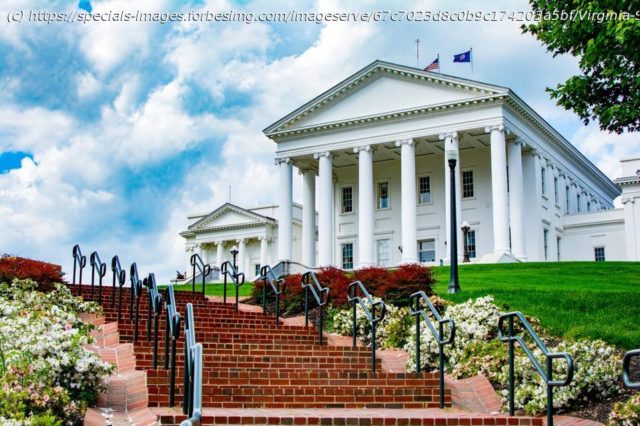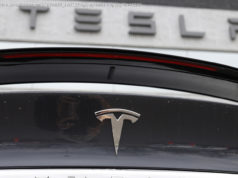DOGE’s efforts have been bold and aggressive out of the gate. In contrast, Virginia has pursued a more methodical approach to improving government efficiency.
The Department of Government Efficiency (DOGE) is one of the most high-profile experiments in Trump’s second administration. With billionaire entrepreneur Elon Musk at the helm, DOGE has been tasked with slashing government waste and reducing bureaucratic staffing levels. While DOGE’s efforts have been bold and aggressive out of the gate, its reforms are also sparking controversy and creating uncertainty due to their unselective nature. In contrast, Virginia has pursued a more methodical approach to reducing red tape, saving taxpayers billions while avoiding the turbulence that accompanies indiscriminatory spending cuts.
Unlike past government reform efforts that tend to take a more incremental approach, DOGE has embraced what Elon Musk calls a “radical” strategy to shrink the federal bureaucracy. It is auditing agency spending, cancelling grants, and rescinding federal contracts. At the same time, DOGE has pursued deep agency budget cuts, offered a buy-out package to federal employees and imposed significant reductions in staffing at departments like the U.S. Agency for International Development.
DOGE is also sparking a wave of state-level government efficiency reforms. New Hampshire’s new Commission on Government Efficiency will make recommendations on cutting state spending and streamlining government operations. Oklahoma’s new Division of Government Efficiency (DOGE-OK) will review agency spending to ensure it aligns with legislative intent and benefits Oklahoma taxpayers.
While these initiatives are just getting started, Virginia has already spent years implementing its own regulatory efficiency model.






